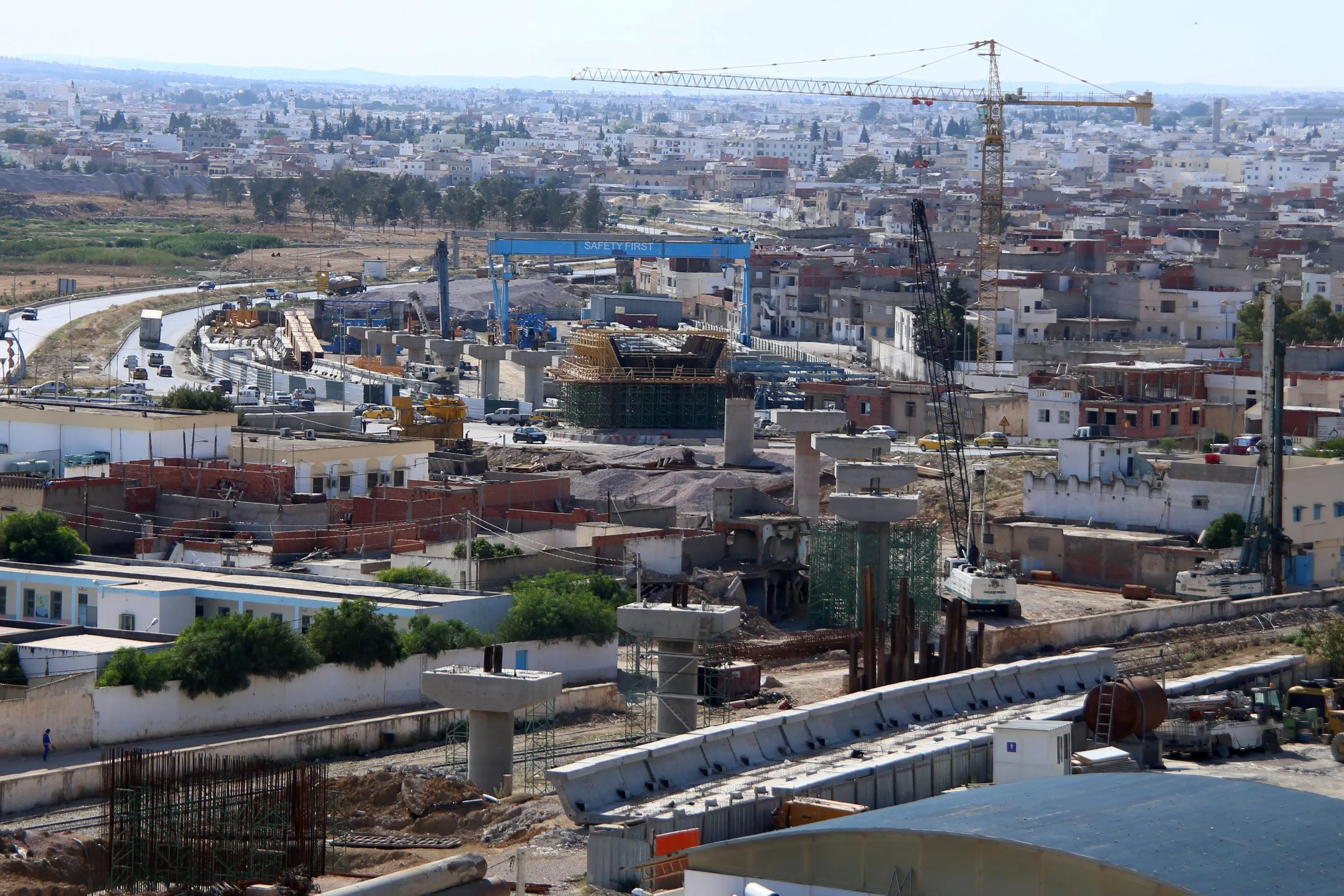PHOTO
A recent overhaul of Tunisia's legal investment framework is expected to increase foreign direct investment (FDI) into the country, which if successful should go some way towards meeting the financing requirements of its ambitious five-year development plan for 2016-20.
New investment law
In mid-September Parliament approved Law No. 71-2016, which aims to create a business environment more conducive to investment and spur economic development in the country. The law will come into force at the beginning of January 2017.
Investment in Tunisia was formerly governed by Law No. 93-120, introduced in 1993, which included incentives like tax exemptions and subsidies, but imposed barriers to entry for foreign investors.
The new text lifts the prerequisite of administrative authorisation for foreign investment in most sectors and, notably, introduces the right for foreigners to purchase, lease or exploit all real estate except farmland. It also facilitates the repatriation of profits and assets, and entitles investors to settle disputes through international arbitration.
Furthermore, the law creates the Higher Council for Investment to determine government policy regarding investment, a Tunisian Investment Fund to finance priority projects and a single contact point to provide bureaucratic guidance to foreign investors.
Towards PPPs
The new investment law comes on the heels of three decrees adopted in June supporting implementation of Law No. 2015-49 on public-private partnerships (PPPs), whose purpose was harmonising regulations, which have thus far been patchy and scattered across a number of sectoral laws.
The new legislation enshrines straightforward contracting procedures and requirements, including a preliminary study analysing each project’s economic, social and environmental impacts, as well as determining risk-sharing and profits among partners.
It also introduces new regulatory authorities and tools. A PPP Strategic Council bringing together public and private sector representatives will be created to outline national PPP strategies and policies, with supporting data from a new repository listing all assets registered under the PPP regime.
Development plan financing
The recent regulatory changes are expected to help bring foreign investors on board to invest in projects proposed in Tunisia’s five-year Development Plan 2016-20 and valued at TD120bn (€48.7bn).
Under the scheme, the government aims to increase the rate of economic growth from an estimated 2.5% this year to around 5% in 2020, as well as reduce unemployment from the current 15.2% to below 12% by creating some 400,000 new jobs.
The plan proposes a series of major reforms and large public works projects across five strategic areas: administrative reform for improved governance; higher-added-value economic activity; human development and social inclusion; mitigation of regional disparities; and the development of a green economy.
The agenda also includes capital-intensive infrastructure projects such as a TD2.2bn (€892.3m) deepwater port in Enfidha in the Sousse governorate and a TD672m (€272.5m) combined-cycle power plant in the Ben Arous governorate.
Pitch for funding
A total of TD59bn (€23.9bn) for the plan’s projects will come from the government budget and from state-owned companies, according to figures from the Ministry of Development, Investment and International Cooperation, representing almost twice the amount of the investment budget for 2011-15.
Still, a sizeable chunk of the financing plan remains dependent on foreign investment.
An international investment conference called “Tunisia 2020” will be held November 29-30 to help stoke interest in related projects, following a series of government-led investor road shows in Europe, the Middle East and the US.
“Tunisia’s democratic transition has led to economic difficulties that have dampened FDI inflows since 2011. However, Tunisia’s new investment law and other reforms have made the country home to one of the better business environments in the region,” Mohamed Fadhel Abdelkefi, minister of development, investment and international cooperation, told OBG.
The need for a promotional push by the government is clear. The net inflow of FDI has fallen from $1.3bn in 2010 to $1bn in 2015, a drop the government hopes to reverse, raising FDI volumes by 80% over the next five years.
© Oxford Business Group 2016





















